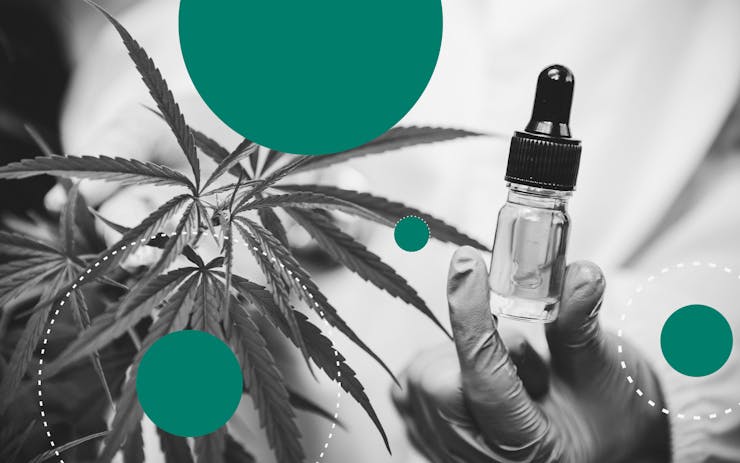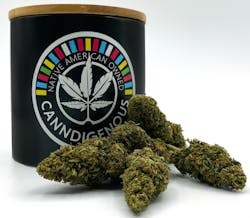Leafly’s test of 47 different CBD products exposed one of the main frustrations consumers have with the popular new wellness compound: It’s hard to know if you’re getting the CBD you paid for.
We discovered that 23 of the 47 products did not deliver the CBD dose promised on the label within a 20% variance. Five of the products contained no CBD at all.
So how’s a consumer to know what’s real, and what’s a scam?
After speaking with CBD experts and makers of the industry’s top-quality, tested products, we distilled their advice to these seven tips.
1. Buy online or in trusted stores
If you’re buying CBD at a gas station, head shop, convenience store, or surf shop, you’re gambling with your money and health. Some of our lowest-performing products were purchased at stores that specialize in something other than health and wellness products. Like wetsuits. Or gasoline, corn dogs, and jo-jo fries. Products purchased online directly from a manufacturer’s website or from national drugstores consistently delivered the amount of CBD promised on the label.
2. Demand third-party test results

Wana Wellness gummies: Enter the batch number.
Any brand can claim that their products are tested. Only brands that link to third-party test results offer actual proof of potency and purity. “Third-party” means an independent lab carried out the test.
Some of the best products print a QR code on their packaging—scanning it should bring up third-party test results for the batch from which the product was taken. Wana Wellness lets you enter the CBD gummy batch number on its web site, and it will link to the actual lab test.
Shameless plug: Who tests the testers? We do. Labs in the Leafly Certified Labs Program have been rigorously vetted to deliver results consumers can trust.
Shop highly rated dispensaries near you
Showing you dispensaries near3. Look for experienced companies
Our investigation found that the highest-performing CBD products tended to be made by companies experienced in legal cannabis. Look for brands based in early legalization states like Colorado, California, Washington, Oregon, Nevada, or Massachusetts. They work with the best cannabis and hemp growers and have the best oil extraction technology. They aren’t in it to turn a quick buck—they’re working to become the trusted brands in the market.
4. Trust your eyes: packaging matters
Look at the packaging design. Does it seem like a product you’d find in a pharmacy, or does it look more like a box of sugary children’s cereal? Products packaged like medicine or vitamins have a higher likelihood of delivering the CBD promised on the label. Avoid rainbow colors, cannabis leaves, and fonts more appropriate for Now That’s What I Call Music! #103.
5. Organic sourcing is a good sign
Sally Nichols, president of California-based Bloom Farms, tells consumers: “If someone’s going to the effort of sourcing certified organic ingredients, chances are good that all the other ingredients [and the potency] are being thought through as well.” Bloom Farms sources its CBD from organic farmers, of course, so Nichols sees the market from a certain perspective. But she ain’t lying.
6. Some forms are better than others

CBD oil and water don’t mix easily.
We found bottled CBD water to be the least reliable CBD delivery vehicle. CBD is an oil—it doesn’t play well with water. Gummies and other edibles were the most reliable form in terms of actually delivering the promised CBD dose. CBD oils and tinctures were the runner-up on the reliability scale, followed by vape cartridges and vaping juice.
7. You get what you pay for
When it comes to CBD products, a little common sense goes a long way. Producing a quality CBD product is difficult and expensive. If you’re buying the cheapest CBD you can find, you may not be receiving any CBD at all.
Previously:
Part 1: Are you getting the CBD you paid for?
Part 2: Why it’s so hard to deliver a consistent dose of CBD





